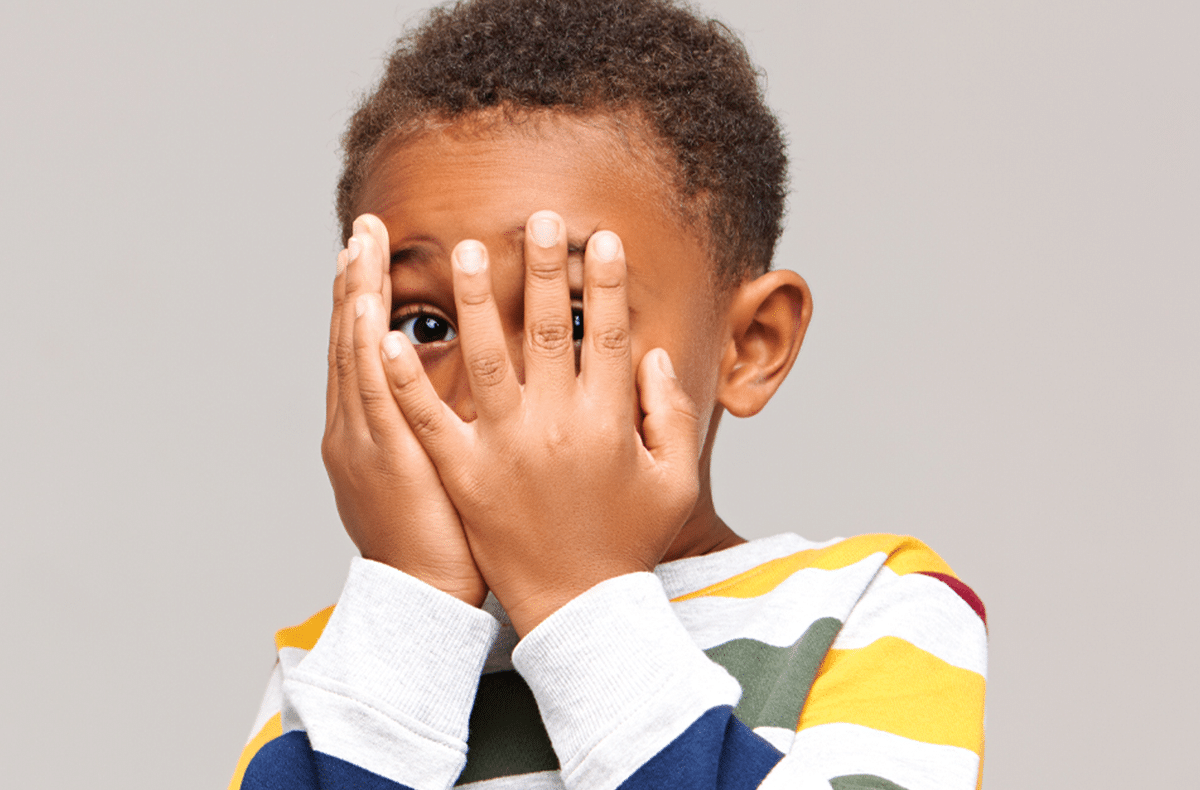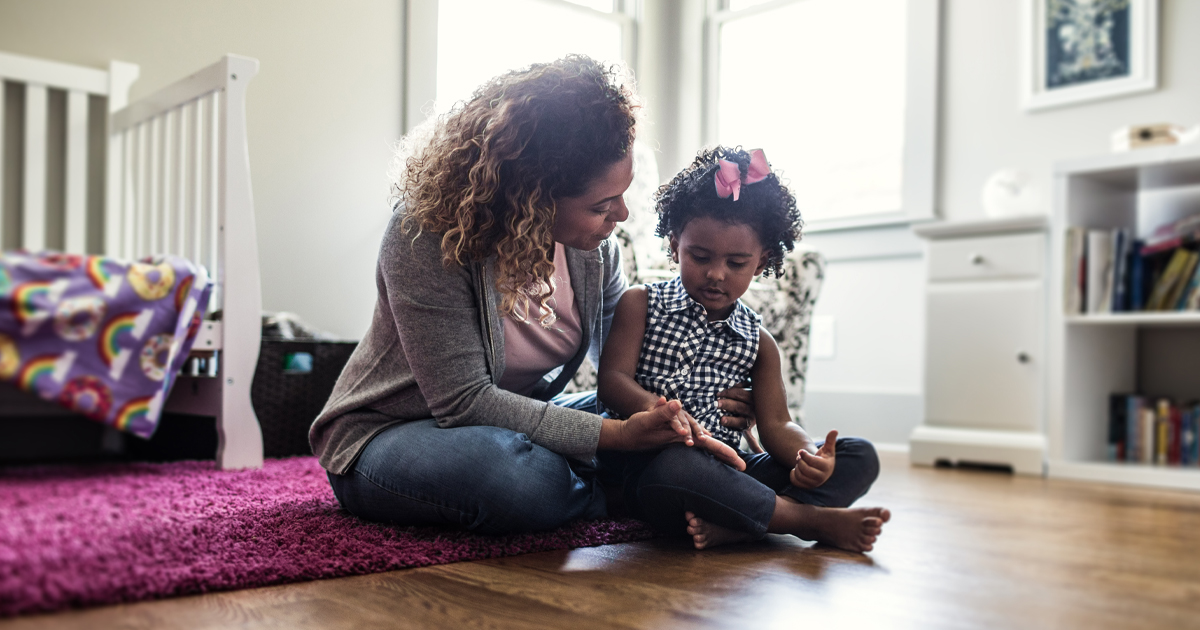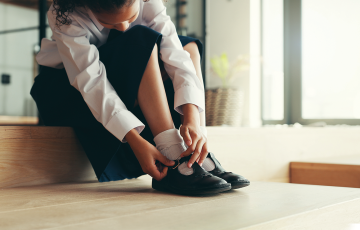How to ease your child’s anxiety

Children can be badly affected by changes they don’t understand – and the Covid-19 pandemic has unsettled everyone’s lives. If you know the signs to look out for, you can help your child cope with their emotional stress.
Your children might not be experiencing the exact stressors you are during these uncertain times caused by the pandemic. But just because they don’t have the same concerns as adults – bills to pay, home schooling or elderly relatives who need to be looked after – doesn’t mean they haven’t been affected. Dr Luzuko Magula, a psychiatrist at Ingress Healthcare, says the United Nations International Children’s Emergency Fund (UNICEF) has found that children are vulnerable to anxiety, stress and sadness.

SIGNS TO WATCH FOR
Sadness, crying or displays of anger and frustration are some obvious signs that something is amiss, but Dr Magula says anxiety can also manifest as a reluctance to take part in activities they have always enjoyed, withdrawing socially or a desire to spend time alone, or just with you. They might also suddenly show fear at the thought of visiting family members whose company they used to enjoy. You may notice lots of sudden and constant arguing or fighting in the house; they may refuse to do their chores and start back-chatting or disobeying house rules. Dr Magula adds that physical changes, like weight gain or a slump in energy and concentration, should also raise a red flag.
Sometimes, the signs are obvious. Zikhona, a nurse, returned from work one day to find that her daughter had scratched the skin on her arms so much they were bleeding.
Tapping into her daughter’s loving nature and need for companionship, she adopted a puppy to keep her child company during lockdown and beyond. For Alta, the solution hasn’t been quite as simple. She has tried to address her eight-year-old’s new bouts of insomnia with counselling and even physical therapies, but still finds herself woken up about five times a night as her child seeks reassurance.
Related article: What is OCD?

GIVE THEM THE FACTS
One way to support your child, according to Dr Magula, is by asking them exactly what they know about the pandemic, for example. This gives you a chance to correct any misconceptions and talk about how you are both feeling. This is important, because studies have found that children are more likely to experience anxiety if they don’t have emotion-focused conversations with their parents. ‘Children tend to feel anxious if they don’t understand their parents’ feelings,’ Dr Magula explains.
Related article: The A-Z of children’s health
NO SUCH THING AS TOO MUCH COMMUNICATION
Communication is vital at a time like this. Use age-appropriate language and watch your child’s reactions, but be authentic about your feelings, without overwhelming them about your own fears, of course. Dr Magula recommends using board games, physical activity like ball games or hide-and-seek, and music therapy in the form of singing or playing an instrument, as an outlet for worry, stress and fear. You could also use one of the many books or online resources that are now available to explain the situation – but, more than anything, help your child understand that you are there to meet their needs. ‘Help them feel secure, calm and supported,’ says Dr Magula.
Related article: 6 Lessons we’ve learnt from lockdown
![]() JET CLUB HELPLINES
JET CLUB HELPLINES
PERSONAL HEALTH ADVISOR
For free advice on childcare, Jet Club members can call our helpline.
SA & Namibia
0800 00 45 45
Botswana, Lesotho & Swaziland
+2711 991 8258
Related articles

Latest Jet club magazine
We’ve got the latest trends, exciting prizes and exclusive savings just for you!
Jet Club will not pass your details to anyone else. By clicking the subscribe button you confirm you have read and agree to the Jet Club Terms and conditions and Jet Club Privacy Statement.
Subscribe

